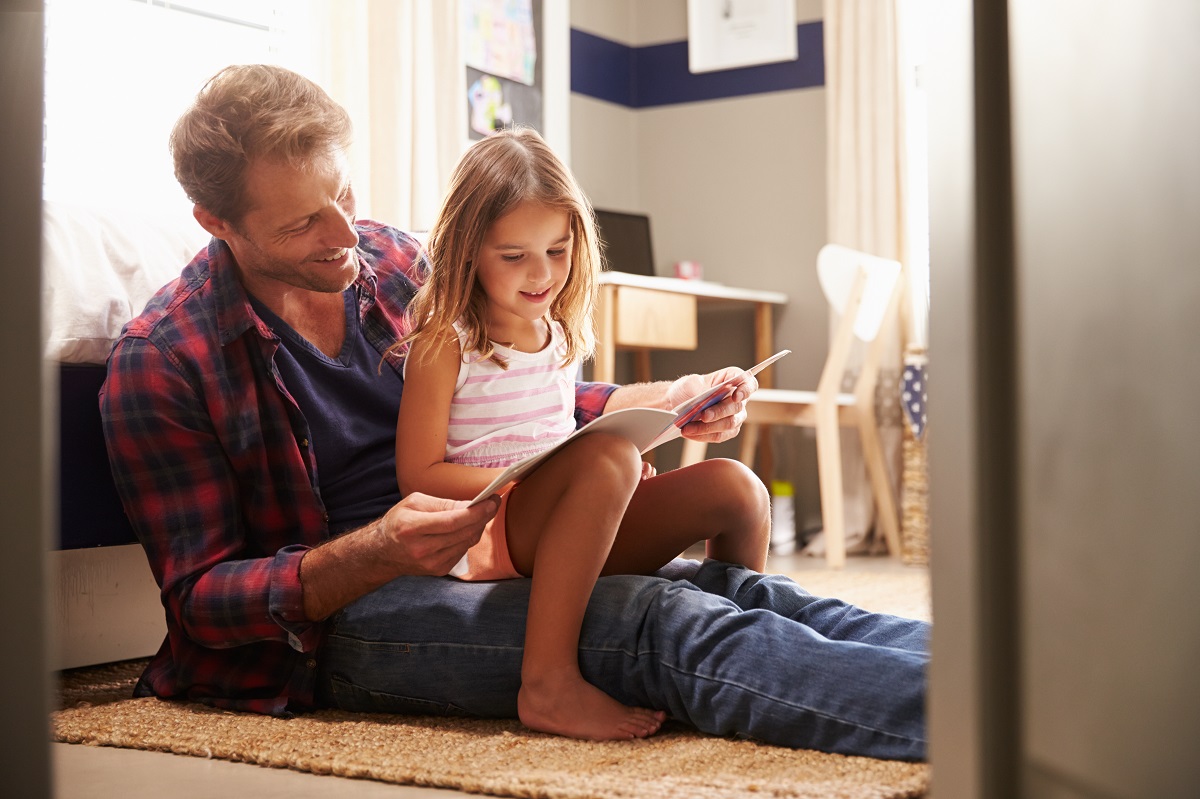Studies have already shown the effects of family structure and dynamics on children’s mental health. And frankly, we don’t even need to look to research; all we need to do is ask people around us who are struggling with issues of depression and anxiety, and we might find that they’re more than likely to have had problems in their family growing up.
While no family is perfect, there are ways to ensure that our families have healthy dynamics and structures and that our homes are a safe space for our significant other and our kids. If you want to raise a family that’s emotionally and mentally healthy, especially in the time of COVID-19, here are some tips and pointers.
Build trust between you and your child.
Any solid relationship is built on trust, and the way to establish trust in any relationship is to foster a sense of security and safety. This means meeting our kids’ felt needs by attending to their needs when they’re hungry, tired, thirsty, cold, or hot. It also means being present for them when they’re upset, worried, scared, or sad.
We live in abnormal times, and your partner and kids might feel a lot of anxiety over our circumstances. Be present for them and let them know they are safe to be themselves and to voice out how they truly feel.
Don’t hesitate to show affection.
Our family members may have different types of love languages, but experts say that physical touch or affection is one that we shouldn’t neglect because it can help produce happy hormones like oxytocin into the brain. In the same way that babies find comfort when they are carried, swaddled, and held safely in their parents’ arms, kids also need contact comforts like hugs and even hand-holding. When families use appropriate physical touch to express love and affection, it can help contribute to kids’ emotional and psychological development.

Choose positive reinforcement.
As parents, it may be tempting to give in to the stress of spending time with our children 24/7 due to the pandemic, but we need to fight the urge to yell at them when we’re frustrated or need a time-out ourselves. We need to know our window of tolerance or the range in which we’re able to tolerate the difficulty we’re experiencing. Children naturally have a smaller window of tolerance, which means they will yell and scream and kick when they’re upset, but as adults, we have more tools and capability to restrain ourselves.
Instead of matching their tantrums, choose to speak words of kindness instead. Instead of saying, “You are such an annoying and disappointing brat!” we can say, “I won’t let you hit your brother” or “We can’t cross the street if you don’t hold my hand.” You can also say words of encouragement like, “You’re a good boy/girl, but I can see that you’re upset. I want to help you. How can I help you?”
Make sure your lines are always open.
Your kids need to know that you are someone they can talk to about anything, no matter how mundane. Discourage secret-keeping and a lack of communication in your home. Don’t force them, though; wait patiently for them to come to you. But they first need to know that you are a trustworthy and safe person who won’t judge them for what they’re going through and that you’re there to listen to them and find solutions if that’s what they need.
Do some fun home activities together.
With enough creativity and resourcefulness, you can recreate some fun outdoor activities indoors. Here are some ideas you can toy with:
- If your kids love solving problems or strategy games, you can set up a treasure hunt or a fun escape room in one of the rooms in your house.
- If your kids love camping, you can set up a simple campsite in your backyard and barbecue their favorite foods. If you haven’t touched your grill in a while, be sure to change the Viking bbq grill parts since old ones may pose health dangers.
- If you and your kids love movies, you can set up your home theater and create blanket forts to add some coziness.
Spending time together is crucial to helping your kids blow off some steam, especially if remote learning is taking a toll on them.
A big part of improving your family’s mental health is lovingly encouraging healthy habits like eating nutritious food and exercising regularly. You also need to be consistent in showing your love both in words and in deeds. Parenting is not easy, but fighting for your family‘s health and joy is always worth it.